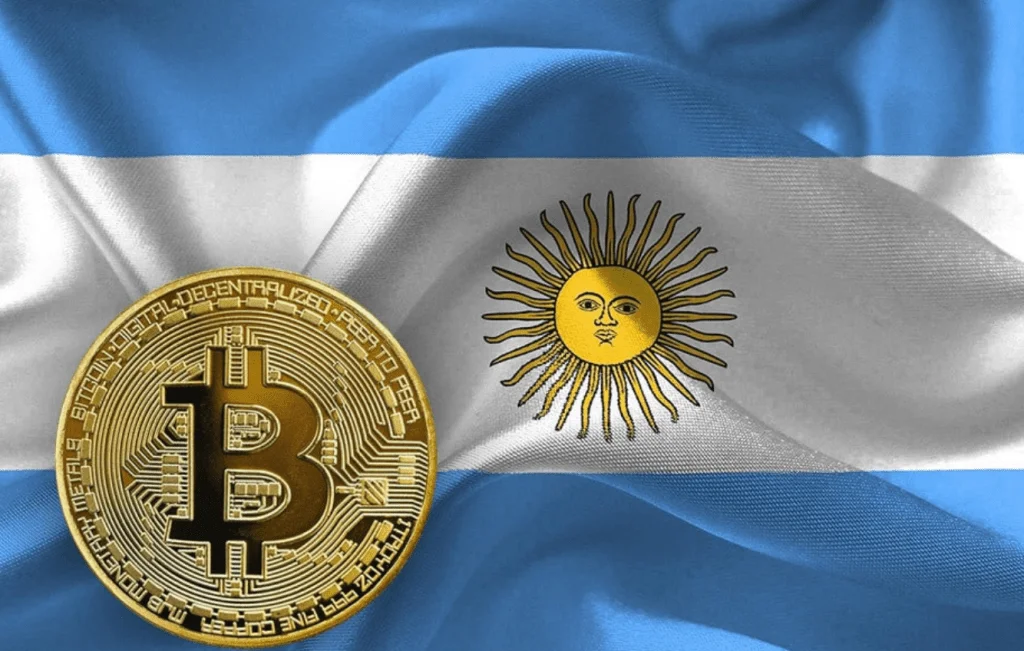Banco Galicia and Brubank, Argentina’s largest and second-largest private banks, have announced that customers would be able to trade four crypto assets including Bitcoin through their accounts at the bank.

On May 2, Bloomberg reported that a resounding 60% of respondents in an Argentinian poll pushed for broader access to cryptocurrency, prompting banks to begin enabling crypto trading.
Ignacio Carballo, an affiliate at market research firm Americas Market Intelligence, confirmed on May 3 that Banco Galicia has began enabling Bitcoin (BTC), Ether (ETH), USD Coin (USDC), and Ripple (XRP) purchases using screenshots of the bank’s online interface.
The South American country has the world’s sixth-highest crypto adoption rate. Statista projects that by 2021, 21% of Argentines would have used or owned cryptocurrency.
Allowing consumers to buy Bitcoin and other cryptocurrencies through their banks may help Argentines stay ahead of the country’s crippling inflation.
Argentina’s inflation rate in April was 55 percent, according to the latest figures from economic data tracker Trading Economics. Bitcoin’s scarcity and decentralization, according to proponents, make it the ideal inflation hedge.
Last month, the Argentine town of Sorradino bought mining rigs and announced plans to start a Bitcoin mining company to combat inflation. Its mining revenue was projected to be in the hundreds of dollars each month.
The mayor of Argentina’s capital, Buenos Aires, Horacio Rodriguez Larreta, said late last month that the city would begin accepting cryptocurrency as payment for public financial services, citing its high adoption rate. For its people, the city also intends to develop a blockchain-based digital identity (DID) platform.
Argentina, on the other hand, is not the largest country in South America to embrace cryptocurrency. On April 26, Brazil’s senate passed the ‘Bitcoin Law’ bill, which could provide a much-needed legislative framework for the country’s crypto economy. It simply needs to pass one more committee before President Jair Bolsinaro signs it into law.
